Performance Management and KPIs
Performance Management and KPIs
What is the Link Between Performance Management and KPIs?
Having too many KPIs that are not directly linked to your enterprise’s overall strategy and objectives is indicative of a lack of strategic focus.
Implementing a streamlined and effective KPI selection process is essential to ensure the measurement of relevant actions. Performance management and KPIs are closely knitted. With managers playing an integral part in the selection and monitoring of the key performance indicators, there is always the risk of measuring irrelevant actions because of human error.
Therefore, it is essential to develop a performance management system based on relevant KPIs. This can be done by using our products, in order to avoid the allocation of resources to the measurement of factors not relevant to your company’s overall strategy and industry in which it operates.
The company’s strategic plan must include a well-defined set of key performance indicators which can be used to turn the enterprise’s strategy into measurable actions for employees on all levels.
If there are too many key performance indicators, it becomes difficult to measure that which is relevant. The end result is the weakening of the company’s strategic focus and this, in turn, makes it difficult for employees to implement strategies.
Relevant KPIs are ones that provide the individual employee with a concrete connection to the company’s objectives. Choosing the right KPIs for your business’ financial performance is rather straightforward, but when it comes to human actions, such as the overall level of customer satisfaction, it can become more complex, and this is where the use of our solutions becomes beneficial. We provide you with relevant KPIs for objective performance measurement.
How to Develop Relevant KPIs for Optimal Performance Management
Follow a systematic approach in selecting the KPIs. First identify the objective or the problem that must be addressed. This can, for example, be a reduction in the total number of returned products as the result of defects. Now set the objective regarding the target. You may, for instance, have a goal of reducing the total number of returned products from 10% to 5%.
Address how you plan on reducing the number of defective products. Will you reengineer the manufacturing process or will you add more quality control points on the line?
It is also important to note that the financial KPIs must be selected before you choose the other key performance indicators. Your company’s financial KPIs will be the driving force behind the other KPIs. You have a revenue target which is a financial KPI, and from here you will choose the other KPIs, such as the reduction in defects, since returned products mean financial losses and customer complaints.
Keep in mind that you cannot set an input KPI before you have an output KPI. You first need to know how many products you must produce, before you can consider the key performance indicators related to the making of the products.
Finally, choose the KPIs that best match your company’s strategic objectives, including departmental and individual performance KPIs. Properly designed key performance indicators make it possible for management to get answers to the right and relevant questions.
Often overlooked as part of performance management is the importance of setting realistic targets relevant to the enterprise’s strategy. It is essential to connect individual with departmental objectives, which must be linked to the company objectives. Never use KPIs to force control or constraint. Use the KPIs as metrics and the system of monitoring for motivation, in order to reach targets, rather than using such to penalise.
Choose the Right Software
Very important – choose the right tools for the job. You cannot change a tyre without the correct wheel spanner, and having a jack at hand to lift the vehicle is certainly essential. Likewise, when measuring business performance, you need a tool that makes it possible for all levels of management to be involved. The reports must be clear, concise and relevant. Accessible and easy-to-understand reports and measurements of the correct actions are essential.
We have the solution, and it is relevant to your business and industry. Get the tool you need. Call us for professional assistance and the solution that will help you to effectively set and monitor KPIs for optimal performance management.


